The Future of Robotics in Housekeeping: Automating Tasks
The integration of robotics in housekeeping can also alleviate the physical strain on human workers.
The future of robotics in housekeeping is poised to revolutionize the hospitality industry by automating tasks that are traditionally labor-intensive and time-consuming. As technology advances, robots are becoming more sophisticated, capable, and versatile, making them invaluable assets in maintaining cleanliness and efficiency in hotels. Here’s a look at how robotics is shaping the future of housekeeping.
One of the primary benefits of incorporating robotics into housekeeping is the significant increase in efficiency. Robots can perform repetitive tasks with precision and consistency, reducing the time required to complete them. For instance, robotic vacuum cleaners can navigate and clean rooms autonomously, ensuring that floors are consistently spotless without human intervention. These devices are equipped with sensors and algorithms that allow them to map out rooms, avoid obstacles, and even return to their charging stations when their batteries are low.
Another major advantage is the improvement in the quality of cleaning. Robots are designed to adhere to specific cleaning standards, ensuring that every task is performed to the same high level of quality each time. For example, robotic window cleaners use advanced suction technology to securely attach to glass surfaces and meticulously clean them, leaving no streaks or spots. This level of consistency is challenging to achieve with human labor, especially during busy periods when staff might be rushed.
Robots also play a crucial role in enhancing hygiene and safety standards. In the wake of the COVID-19 pandemic, there has been an increased focus on sanitation in public spaces, including hotels. Disinfection robots, equipped with UV-C light or disinfectant sprayers, can effectively sanitize surfaces and air in rooms and common areas, reducing the risk of virus transmission. These robots can operate around the clock, providing continuous cleaning and disinfection, which is particularly important in high-touch areas such as elevators, lobbies, and restrooms.
The integration of robotics in housekeeping can also alleviate the physical strain on human workers. Housekeeping is a physically demanding job that involves lifting, bending, and repetitive motions, which can lead to injuries over time. By delegating tasks such as vacuuming, mopping, and linen transport to robots, human staff can focus on more complex and guest-oriented duties, reducing their physical workload and the associated risks of injury.
Moreover, the use of robotics can lead to cost savings for hotels in the long run. While the initial investment in robotic technology can be significant, the reduction in labor costs, combined with the increased efficiency and quality of cleaning, can result in substantial savings over time. Robots do not require breaks, vacations, or sick leave, and their operational costs are generally lower than human labor. This economic advantage makes robotics an attractive option for many hotels looking to optimize their operations.
Additionally, robotics can enhance the overall guest experience. With robots handling routine cleaning tasks, housekeeping staff can dedicate more time to personalized service, such as attending to specific guest requests and ensuring that rooms are tailored to individual preferences. Some hotels have even introduced robot concierges that can deliver items to guest rooms, provide information, and entertain guests, adding a futuristic and unique touch to the guest experience.
Looking ahead, the future of robotics in housekeeping will likely see further advancements in artificial intelligence and machine learning. These technologies will enable robots to learn and adapt to different environments, improving their performance and making them even more efficient. Robots will be able to anticipate cleaning needs based on occupancy patterns and usage, further optimizing their operations.
The development of collaborative robots, or cobots, will also be significant. Cobots are designed to work alongside human staff, complementing their efforts rather than replacing them. These robots can assist with tasks that require human judgment and dexterity, such as bed-making or room inspections, while still handling repetitive and strenuous tasks autonomously.
The future of robotics in housekeeping is bright, with the potential to transform the hospitality industry by automating tasks, improving efficiency, and enhancing guest satisfaction. As technology continues to evolve, robots will become indispensable tools in maintaining the high standards of cleanliness and hygiene that guests expect, while also supporting and empowering housekeeping staff.
.png)


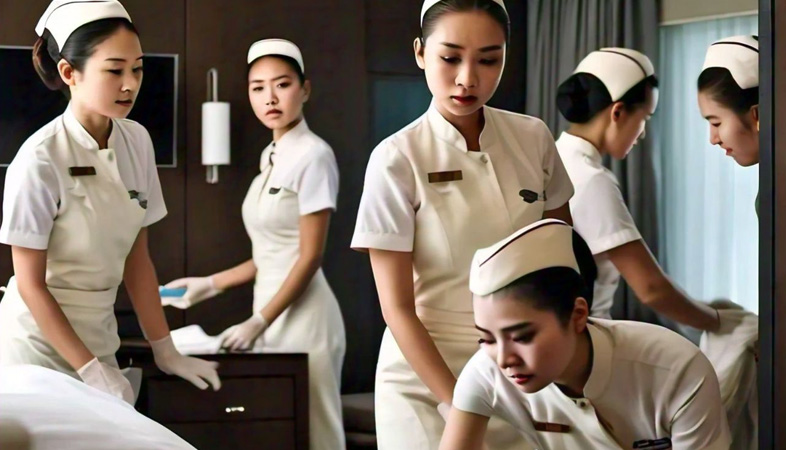







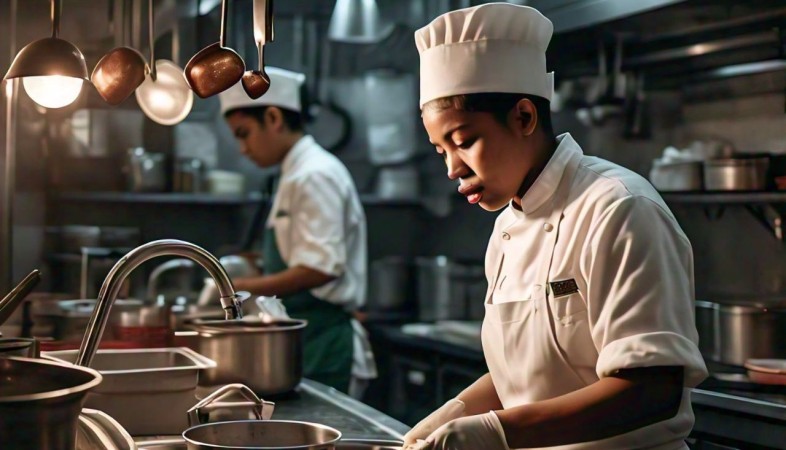



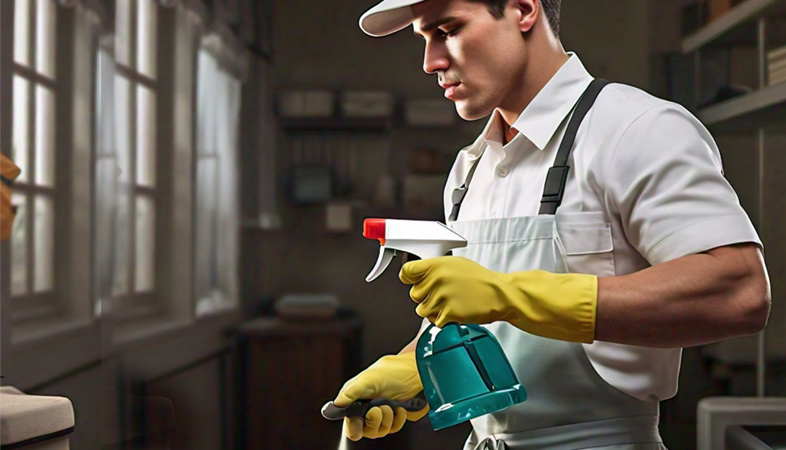

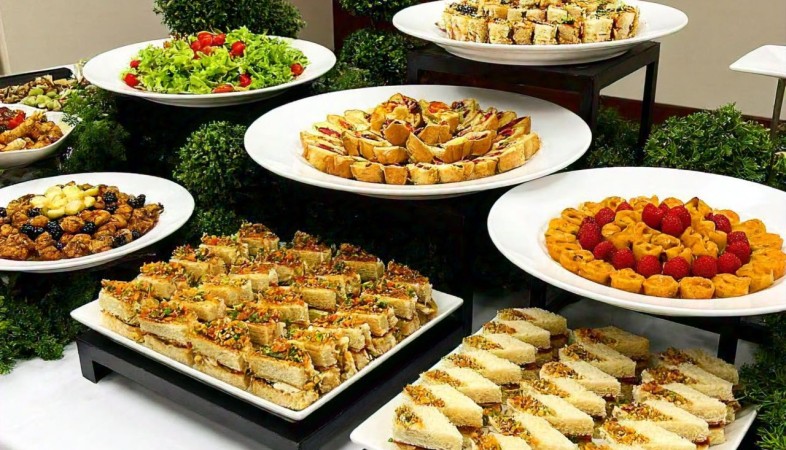


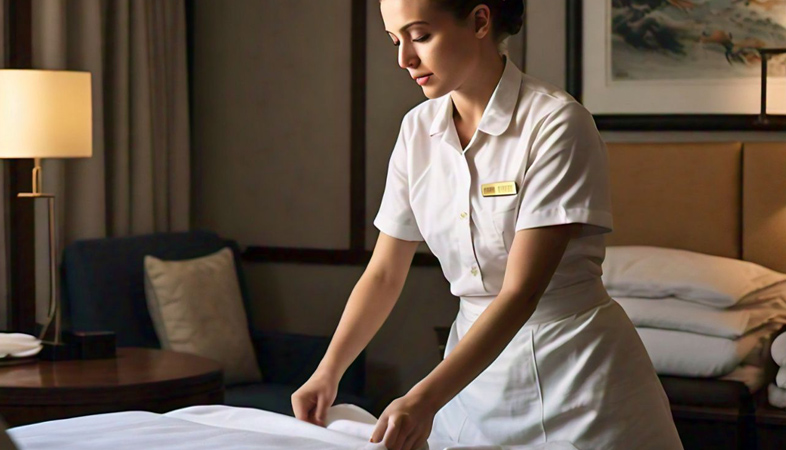
 at Unique Resort & Lifestyle.jpeg)







